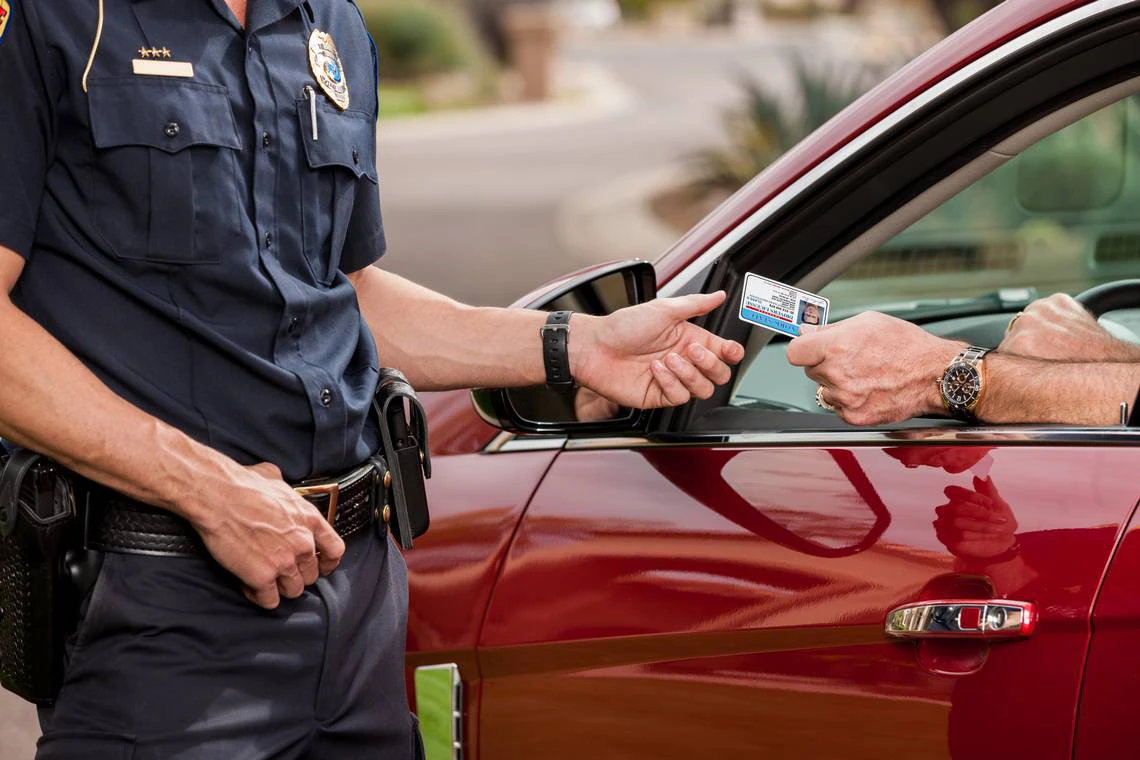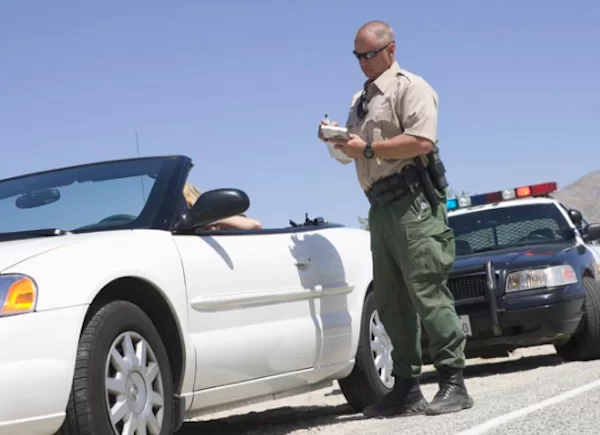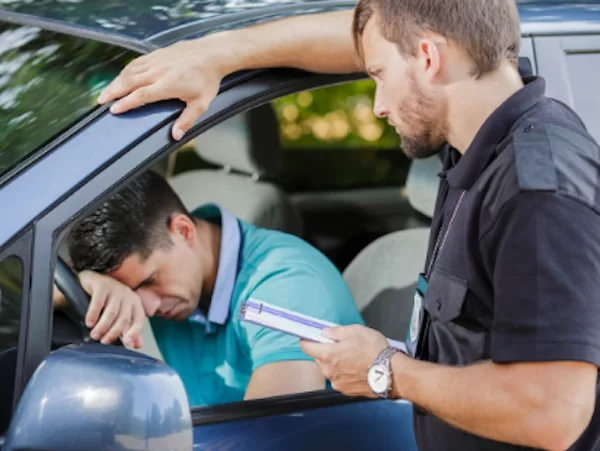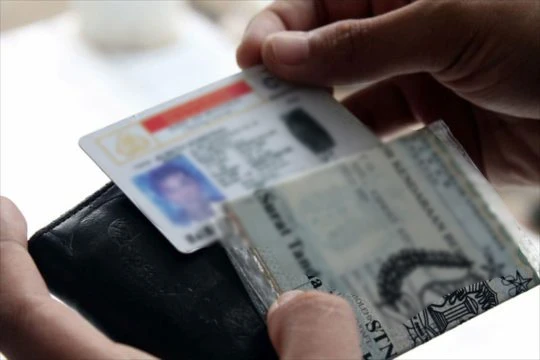Driving Without Registration in Nevada:
What You Need to Know
Driving without registration in Nevada is a serious offense that can result in hefty fines, vehicle impoundment, and even jail time. If you are caught driving a vehicle that is not registered or has expired registration, you may face the following consequences:
-
Fines and Fees
According to Nevada Revised Statutes (NRS) 482.385, driving without registration is a misdemeanor that carries a fine of up to $1,000. However, the actual amount of the fine may vary depending on the circumstances of the case and the discretion of the judge. In addition, you may also have to pay administrative fees, court costs, and late registration penalties.
-
Vehicle Impoundment
If a law enforcement officer stops you for driving without registration, your vehicle may be impounded and towed away. You will be responsible for paying the towing and storage fees, which can add up quickly. You may also have to show proof of registration and insurance before you can reclaim your vehicle.
-
Jail Time
In some cases, driving without registration may result in jail time. This may happen if you have multiple prior offenses if you are driving a stolen vehicle, or if you are involved in an accident or a crime. The maximum jail sentence for driving without registration is six months.
-
Points on Your Driving Record
Driving without registration may also affect your driving record. According to the Nevada Department of Motor Vehicles (DMV), you may receive four demerit points on your driving record for this offense. If you accumulate 12 or more points within 12 months, your driver’s license may be suspended for six months.
-
Increased Insurance Rates
Another consequence of driving without registration is that your insurance rates may increase. Insurance companies may consider you a high-risk driver and charge you higher premiums. You may also have trouble finding affordable coverage or renewing your policy.
-
How to Avoid Driving Without Registration
The best way to avoid driving without registration is to register your vehicle on time and keep your registration documents in your vehicle. You can register your vehicle online, by mail, or in person at a DMV office. You must provide proof of ownership, insurance, and a smog check certificate (if applicable). You will also have to pay the registration fee, which is based on the value and age of your vehicle.
-
How to Renew Your Registration
If your registration has expired, you should renew it as soon as possible to avoid penalties. You can renew your registration online, by mail, or in person at a DMV office. You will need to provide your current registration certificate, proof of insurance, and a smog check certificate (if applicable). You will also have to pay the renewal fee, which is the same as the registration fee, plus a late penalty delinquency.
-
How to Get a Temporary Registration Permit
If you need to drive a vehicle that is not registered or has expired registration, you may be able to get a temporary registration permit from the DMV. A temporary registration permit allows you to drive a vehicle for a limited period, such as 10 days, 30 days, or 90 days. You must provide proof of ownership, insurance, and a valid reason for needing the permit. You will also have to pay a fee, which varies depending on the type and duration of the permit.
-
How to Get a Registration Exemption
In some cases, you may be eligible for a registration exemption, which means you do not have to register your vehicle in Nevada. Some examples of vehicles that may qualify for a registration exemption are:
- Vehicles owned by the federal, state, or local government
- Vehicles owned by non-residents who are temporarily in Nevada for work, education, or tourism
- Vehicles owned by active-duty military personnel who are stationed in Nevada
- Vehicles that are not operated on public roads, such as farm vehicles, off-road vehicles, or antique vehicles
To get a registration exemption, you will need to apply for a movement permit or a special license plate from the DMV. You will need to provide proof of ownership, proof of insurance, and proof of eligibility for the exemption. You may also have to pay a fee, which varies depending on the type of exemption.
-
How to Get Legal Help
If you are facing charges for driving without registration in Nevada, you may want to consult a lawyer who specializes in traffic law. A lawyer can help you understand your rights, options, and defenses. A lawyer can also help you negotiate a plea deal, reduce your penalties, or dismiss your case.
Disclaimer: This article is for informational purposes only and does not constitute legal advice. You should always consult a licensed attorney before taking any action based on this article.





